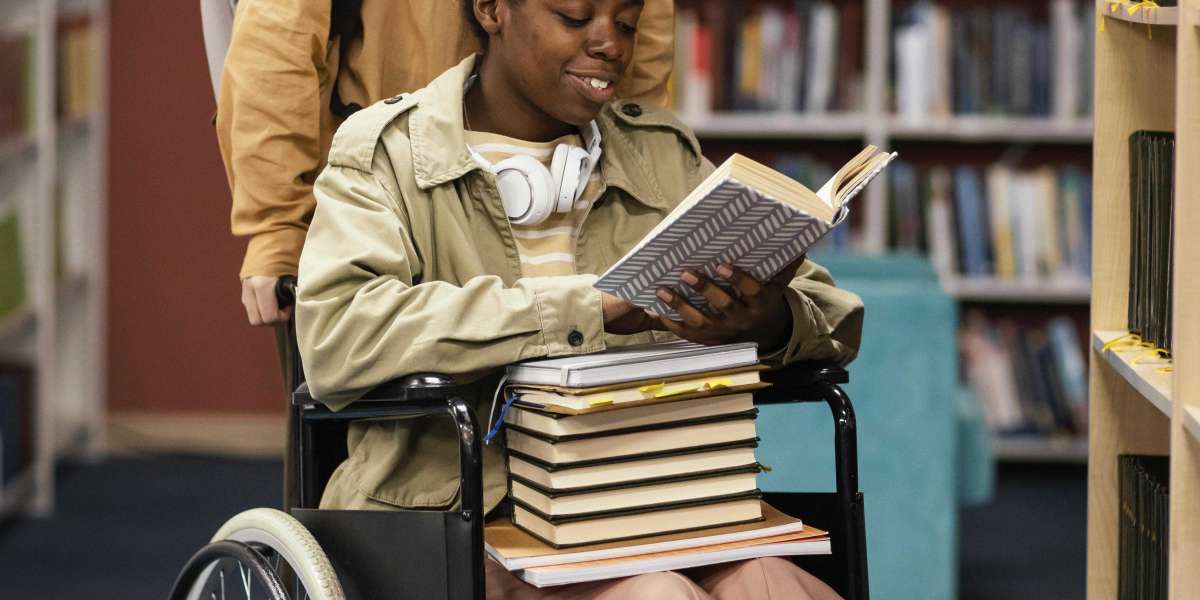The benefits and challenges of inclusive education Inclusive education is an approach to teaching and learning that emphasises the inclusion of all students, regardless of their abilities, backgrounds, or differences. This approach promotes equity, diversity, and inclusivity in the classroom, and has been shown to have numerous benefits for students, teachers, and society as a whole. However, there are also challenges that come with implementing inclusive education, which require careful consideration and planning. In this article, we will explore both the benefits and challenges of inclusive education. Benefits of Inclusive Education: Improved Academic Achievement: Inclusive education has been shown to improve the academic achievement of students with disabilities, as well as their non-disabled peers. Students with disabilities who are included in regular classrooms have been found to achieve higher grades, have better attendance, and exhibit more positive attitudes towards learning than those in segregated settings. Increased Social Skills: Inclusive education promotes social interaction between students of different abilities, backgrounds, and cultures. This interaction helps students develop their social skills, including empathy, communication, and conflict resolution. Students with disabilities who are included in regular classrooms also have more opportunities to make friends and participate in extracurricular activities, which can improve their overall quality of life. Positive Impact on Society: Inclusive education promotes the values of diversity, acceptance, and inclusivity, which can have a positive impact on society as a whole. Students who are exposed to diverse perspectives and experiences are more likely to become tolerant, respectful, and accepting of others, which can lead to a more harmonious and inclusive society. Challenges of Inclusive Education: Limited Resources: Implementing inclusive education requires significant resources, including funding, trained personnel, and adequate infrastructure. Schools may not have the resources necessary to fully implement inclusive education, which can lead to unequal opportunities for students with disabilities. Resistance to Change: Some teachers, parents, and administrators may resist the implementation of inclusive education, citing concerns about the ability of students with disabilities to keep up with their peers, or the potential disruption to classroom dynamics. Lack of Professional Development: Teachers and administrators may lack the training and professional development necessary to effectively implement inclusive education. This can lead to a lack of understanding of the needs of students with disabilities, and a failure to provide the necessary accommodations and support. In conclusion, inclusive education has numerous benefits for students, teachers, and society as a whole. It promotes academic achievement, social skills development, and a more inclusive and accepting society. However, there are also challenges to implementing inclusive education, including limited resources, resistance to change, and a lack of professional development. These challenges require careful consideration and planning, but the benefits of inclusive education make it a worthwhile endeavour for schools and communities. Inclusive education, where all students, including those with disabilities or learning differences, are educated in the same classroom, can bring numerous benefits to students, teachers, and society as a whole. It promotes diversity, equity, and a sense of community, fosters empathy and understanding, and prepares students for the real world, where they will encounter individuals from all backgrounds. However, implementing inclusive education can also present challenges, such as the need for specialised support and resources, the lack of training for teachers, and the potential for stigmatisation and marginalisation of some students. Addressing these challenges requires a coordinated effort from educators, policymakers, and the community to ensure that all students have access to high-quality education and opportunities to succeed. If you need help with an essay on this topic, consider using a reliable essay writing service such as "Do My Essay" to help you create a well-researched and well-written paper.
Search
Popular Posts
-
 What You Must Know Before Making A Decision Concerning CBD Vaping Devices
By jeweller205
What You Must Know Before Making A Decision Concerning CBD Vaping Devices
By jeweller205 -
 The time that is best to learn about motorcycle transport companies
By eather48
The time that is best to learn about motorcycle transport companies
By eather48 -
 Business Class Flights To Doha
Business Class Flights To Doha
-
 Cheap Airline Tickets
Cheap Airline Tickets
-
 Biologic Therapy Market Share Expected to reach a notable valuation by 2032
By suzzensten
Biologic Therapy Market Share Expected to reach a notable valuation by 2032
By suzzensten



